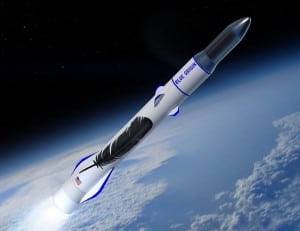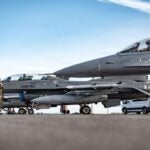
The Government Accountability Office (GAO) has sustained Blue Origin’s pre-award protest against the Air Force, which alleged that the service’s launch services procurement (LSP) program requirements restricted competition and were inconsistent with commercial practice. The launch venture company filed a pre-award protest in August that alleged that the service’s plan to award launch services for national security payloads through 2027 to only two providers made it “impossible” for new vendors to compete with legacy contractors (Defense Daily, Aug. 12). Multiple…

 By
By 











